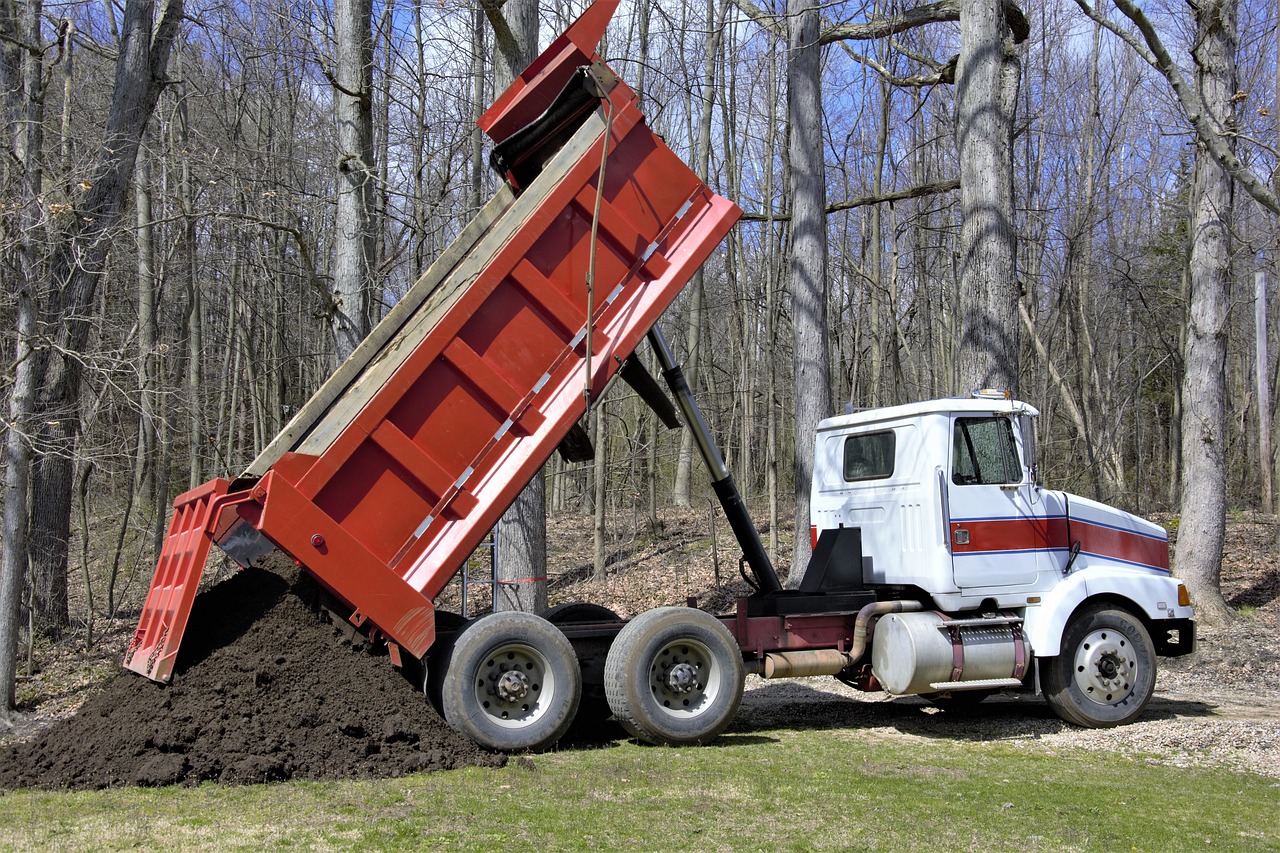Comments on PFAS in Biosolids Draft Policy Due July 10, 2023
The New York State Department of Environmental Conservation (DEC) is accepting comments on a draft policy intended to regulate per- and polyfluoroalkyl substances (PFAS) until July 10, 2023. The policy, Draft Division of Materials Management Program Policy 7 – Biosolids Recycling in New York State – Interim Strategy for the Control of PFAS Compounds (DMM7), was created as part of New York State’s ongoing efforts to reduce the impacts that PFAS have on human health and the environment.
How DMM7 Will Help
Biosolids (also called sewage sludge) are organic materials formed from the processing of solid products that enter wastewater treatment plants. Nutrient-rich biosolids are often beneficially used as a soil amendment or compost. When biosolids are recycled through land application, there is the potential for leachate to carry pollutants contained in the biosolids into the groundwater.
The intent of DMM7 is to establish standards for PFAS in biosolids to help reduce potential impacts associated with the leachate. Keeping PFAS levels below an established threshold will reduce the risk of human and environmental harm from leachate migration.
Wastewater discharges from industrial facilities can increase the number of contaminants in biosolids at nearby wastewater treatment plants. PFAS are one of these kinds of contaminants. Michigan has done a lot of research to investigate industrial PFAS impacts on biosolids. New York is basing the standards used in DMM7 on these findings. The DEC’s objective is to identify biosolids that contain elevated concentrations of PFAS due to industrial sources and to require those levels to be reduced to non-industrial background levels before land application is approved.
Expected Requirements for Facilities
Under DMM7, New York State facilities that accept biosolids for beneficial use from any source will be required to characterize the material in an initial sampling event, and then continue to perform sampling periodically. The policy will require PFAS analysis by EPA Method 1633 (or an alternate approved method), with the analytical results reported to the DEC. PFAS requirements for biosolids under DMM7 will be as follows:
- 20 ppb or less: no action required
- Between 20 and 50 ppb: additional sampling required; PFAS levels must be reduced to 20 ppb or lower within a year, or biosolids recycling will be halted
- 50 ppb or greater: biosolids recycling will be halted until PFAS levels are reduced to 20 ppb or lower
In the Future
DMM7 is only an interim plan because the United States Environmental Protection Agency (EPA) is in the process of finalizing its own set of PFAS guidelines for biosolids, and New York State uses EPA pollutant standards as the basis for its own rules. The guidelines that the EPA is working on are not expected to be finalized until December 2024 at the earliest. Once the EPA publishes its regulations, the DEC will either create a final rule that adopts the EPA’s standards or implement stricter standards. 6 NYCRR Part 361 will be updated with these changes, and at that point, DMM7 will no longer be effective.
Walden’s solid waste engineers have extensive experience keeping our clients in compliance with all regulations that apply to their facilities. We also perform site investigation and remediation services if there is suspected PFAS contamination at your site. To learn more about the upcoming regulations in DMM7 and how they will affect operations at your facility, review the full draft policy here or contact Walden at 516-604-5684.

Image by Scott from Pixabay
Contact Walden at 516-604-5684 to speak with our solid waste engineers about how DMM7 is expected to impact your facility’s operations.
